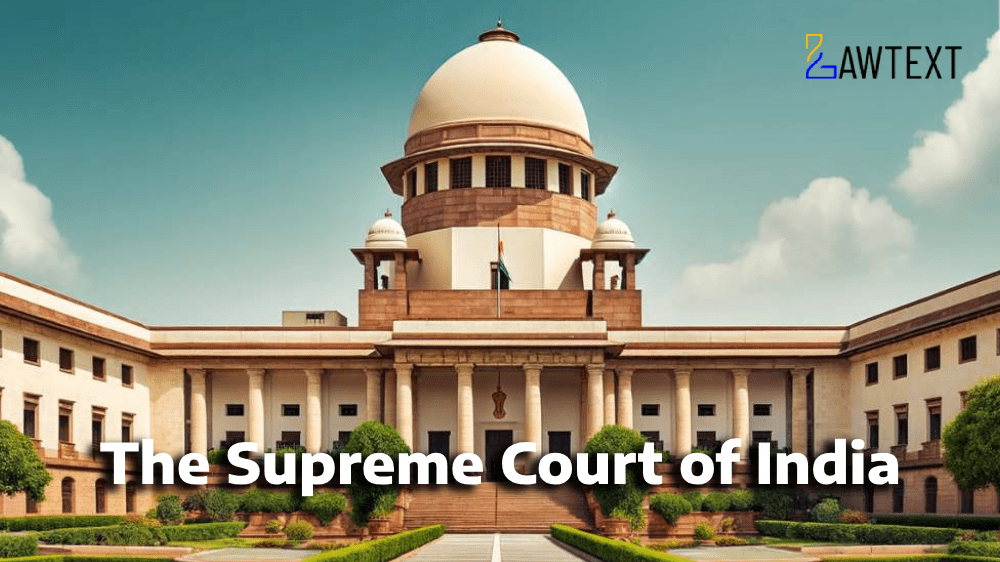Supreme Court Intervenes in Silicosis Crisis: Upholding Workers' Rights. A Landmark Judgment to Combat Occupational Hazards and Ensure Justice for Affected Workers

CASE NOTE & SUMMARY
The Supreme Court of India has addressed a significant public health issue by ruling on a writ petition concerning the widespread occurrence of silicosis among workers in various industries. The petition, filed by the People's Rights and Social Research Centre (PRASAR), a Delhi-based NGO, highlighted the severe health risks and lack of adequate measures for workers exposed to silica dust. The Court's judgment mandates systemic reforms, stringent enforcement of safety measures, and compensation for affected workers, emphasizing the violation of fundamental rights under the Constitution.
Background
- Issue: Silicosis, an incurable lung disease caused by inhaling silica dust, affecting workers in mining, construction, stone cutting, and sandblasting industries.
- Petitioner's Claims: The widespread prevalence of silicosis constitutes a violation of workers' fundamental rights to health, safety, and dignity under Article 21 of the Constitution.
Court's Observations
-
Health Risks and Lack of Safety Measures:
- Silicosis is preventable with proper safety measures, yet inadequate enforcement has led to severe health issues among workers.
- Symptoms of silicosis include shortness of breath, persistent cough, chest pain, and fatigue, leading to severe disability and premature death.
-
Violation of Constitutional Rights:
- The right to health and safety, and a life of dignity under Article 21, is being grossly neglected.
- The Directive Principles of State Policy (Articles 39(e), 42, and 43) mandate the protection of workers' health and provision of adequate living conditions, which are not being upheld.
Court's Directions
- Formation of High-Level Committee: To address detection and management of silicosis and other occupational diseases.
- Systemic Reforms: Implementation of guidelines for prevention, treatment, rehabilitation, and compensation.
- Compliance by States: Various state governments and central authorities were directed to ensure enforcement of safety measures, provide medical care, and offer compensation and rehabilitation to affected workers.
Key Orders
- Compensation: Immediate financial compensation for families of deceased workers and medical relief for sufferers.
- Surveys and Reports: Detailed surveys by NHRC and other agencies to assess the prevalence of silicosis and compliance with safety regulations.
- Closing Non-Compliant Units: Immediate action against industrial units failing to adhere to statutory safety measures.
Conclusion
The Supreme Court's judgment represents a crucial step in safeguarding workers' rights and addressing a severe occupational health crisis in India. By enforcing stringent measures and holding authorities accountable, the Court aims to mitigate the impact of silicosis and ensure justice for affected workers.
ISSUE OF CONSIDERATION
PEOPLES RIGHTS AND SOCIAL RESEARCH CENTRE (PRASAR) & ORS. VERSUS UNION OF INDIA & ORS.
Citation: 2024 LawText (SC) (8) 64
Case Number: WRIT PETITION (CIVIL) NO. 110 OF 2006
Date of Decision: 2024-08-06
Case Title: PEOPLES RIGHTS AND SOCIAL RESEARCH CENTRE (PRASAR) & ORS. VERSUS UNION OF INDIA & ORS.
Before Judge: (VIKRAM NATH J. , PRASANNA BHALACHANDRA VARALE J.)
Appellant: PEOPLES RIGHTS AND SOCIAL RESEARCH CENTRE (PRASAR) & ORS.
Respondent: UNION OF INDIA & ORS.

